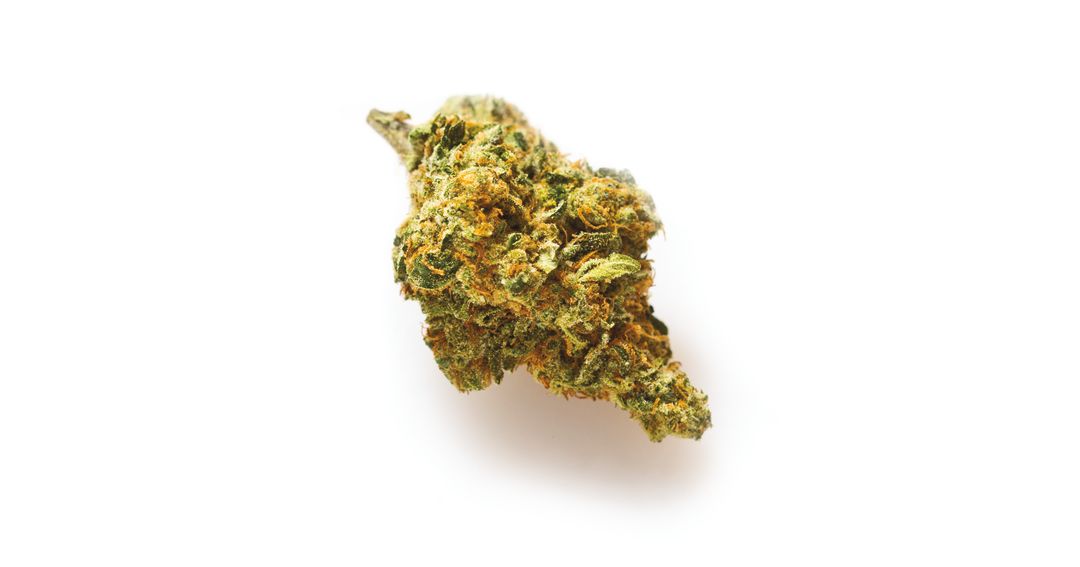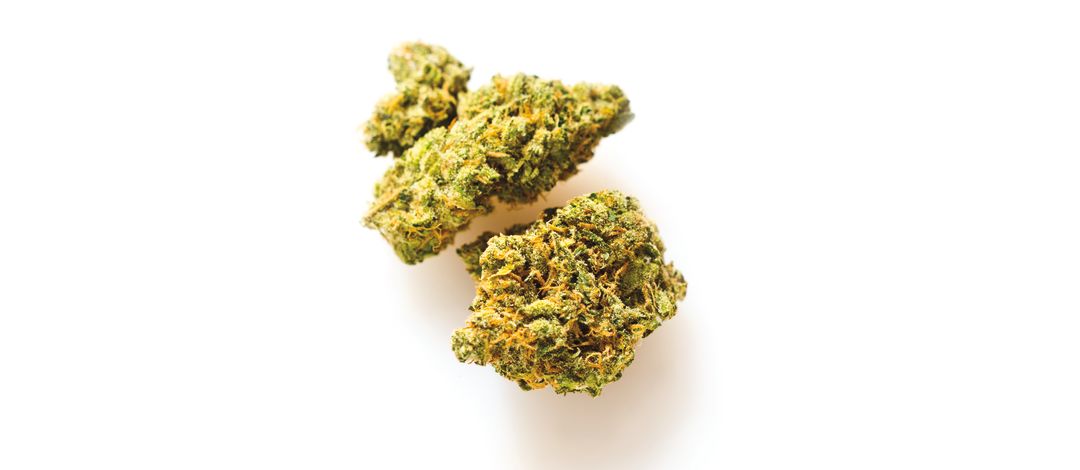Meet Three of Oregon’s Top Organic Pot Farmers

Green Bodhi's Hazy Kush
Image: Michael Novak
In our brave new postlegalization world, weed is booming. And organic farming practices are slowly catching up. Oregon has more than 142 licensed recreational growers, with around 50 certified by Clean Green, the cannabis industry’s premier certification program. Clean Green Certified, based in Northern California, mostly uses the USDA’s strict organic standards. (The feds don’t recognize cannabis as a crop quite yet.) It also scrutinizes labor practices, which have sometimes been problematic in the business.
But there’s a hole in the system: “There are no federally registered pesticides for cannabis,” says Chris Van Hook, CGC’s founder. “Therefore, a lot of growers are using illegal pesticides.” CGC’s Band-Aid: for certification, farms are allowed to use only naturally occurring pest controls, like neem oil and cinnamon oil. Meanwhile here are three growers, practically ready for the farmers market (someday!), who are going the extra mile to follow organic practices.
GREEN BODHI GARDENS
Operating since: 2008
Location: Eugene
Flagship strain: Hazy Kush (Sativa, pictured at top) Says owner John Bayes, “Hazy was my dog’s name. I bred that strain for rock-climbing, surfing, meditation. It comes on strong, but that transitions into a long, rich high. Very satisfying and cerebral.”
Selling point: “We do ‘intentional horticulture’—Buddhist methodology combined with high-level organics. It’s altrustic. Others are focused on money.”
LIONTREE FARMS

Image: Michael Novak
Operating since: 2010
Location: Applegate Valley
Flagship strain: Wedding Cake (Hybrid) “It’s helped establish us,” says Liontree’s Russell Glaser. “It’s a cross between Girl Scout Cookies and Cherry Pie [strains]. It smells and tastes like cake frosting.”
Selling point: “It gets so hot and dry here during the summer. Anywhere you can grow really great wine grapes, you’re going to have excellent product.”
SOFRESH FARMS

Image: Michael Novak
Operating since: 2010
Location: Canby
Flagship strain: Durban Poison (Sativa) “I refer to it as diet cannabis,” says Sofresh founder Tyson Haworth. “It suppresses the appetite to some degree. It has an uplifting effect that’s more clear-headed than most cannabis, and it has a fairly pure genetic heritage.”
Selling point: “We need to go beyond sustainable business practices. For each gram of cannabis we cultivate, our goal is net carbon sequestration and to give local people jobs.”



